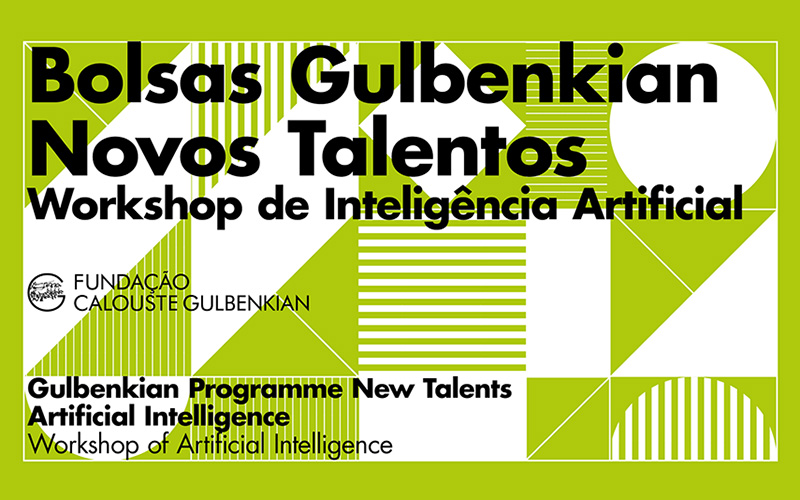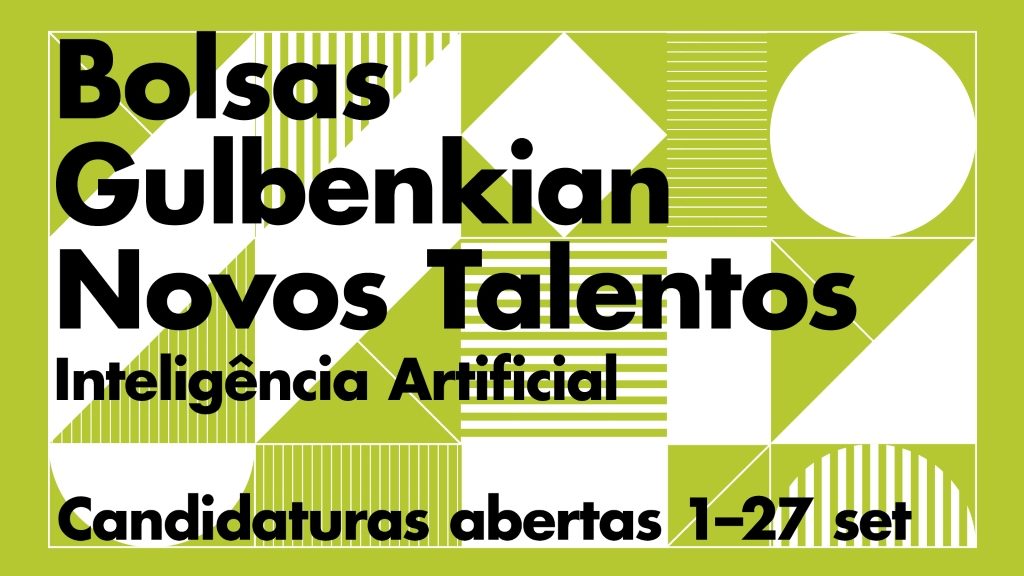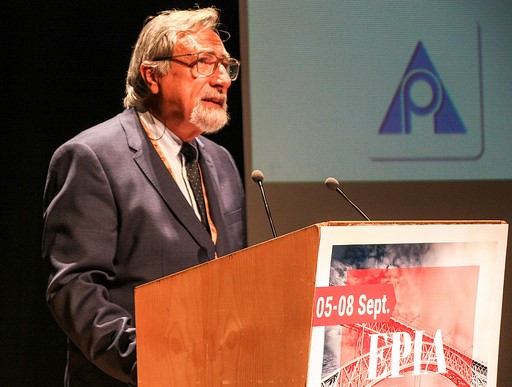CALL FOR PAPERS
————————————————————————————————————–
Business Applications of Artificial Intelligence (BAAI – EPIA 2019)
————————————————————————————————————–
Thematic Track of 19th Conference on Artificial Intelligence (EPIA 2019)
September 3-6, 2019, Vila-Real, Portugal
https://epia2019.utad.pt/
Submission deadline: April 15, 2019
————————————————————————————————————–
Scope
AI is undoubtedly becoming a commodity in the business world. In fact, AI technology is increasingly used in major industries such as health, manufacturing, retail, automotive, education, marketing, sales, financial services, entertainment and security, to increase productivity and reduce costs. The Business Applications of Artificial Intelligence (BAAI) track will focus on bringing new insights on successful applications of AI technology in business as well as identifying challenges that can only be addressed by collaborative efforts between industry and academia. Industry leaders need to learn with researchers how and where AI technologies can be applied in their organizations. On the other hand, researchers need to understand the challenges that companies are facing, the potential for solving them with AI technologies but also the additional challenges raised by developing solutions to real world problems with those technologies. The track will promote the discussion concerning challenges and potential solutions and the sharing of ideas and experiences between researchers (especially young ones, such as M.Sc. and Ph.D. students) and industry leaders. It also aims to disseminate recent research, innovative approaches and techniques, current trends and concerns.
Topics of Interest
The topics relevant to the track include, but are not limited to, the following:
AI applications in business, industry and government, involving technologies such as:
-Agent based systems
– Data science (data mining, big data, machine learning and deep learning)
– Evolutionary computation
– Expert and decision support systems
– Intelligent search
– Metaheuristics
– Intelligent planning
– Robotics
– Solutions based on the integration of multiple AI and other types of technologies
– Methodological issues in the development of AI projects
– Social impact of AI
– Business problems in need of AI solutions
Program Committee
Adam Woznica, Expedia, Switzerland
António Castro, FEUP/LIACC-NIADR, University of Porto, Portugal
Carlos Rodrigues, Marionete, United Kingdom
Carmela Comito, ICAR-CNR, Italy
Dario Oliveira, IBM Research, Brazil
Efi Papatheocharous, Swedish Institute of Computer Science, Sweden
Elaine Ribeiro de Faria, Universidade Federal Uberlândia, Brazil
Francesca Spezzano, College of Engineering, Boise State University, Italy
Gustavo Batista, Universidade de São Paulo, Brazil
Ida Mele, Universita' della Svizzera, Italy
Jean-Pierre Briot, Laboratoire d’Informatique de Paris 6 (Paris6-CNRS) & PUC-Rio, Brazil
Kaustubh Patil, MIT, USA
Lourdes Borrajo, Universidad de Vigo, Spain
Marisa Affonso Vasconcelos, IBM Research, Brazil
Paulo Cavalin, IBM Research, Brazil
Pedro Henriques Abreu, FCTUC-DEI/CISUC, Portugal
Peter Van der Putten, Pegasystems /U. Leiden, Netherlands
Rodrigo Mello, Universidade de São Paulo, Brazil
YongHong Peng, University of Sunderland, United Kingdom
———————————————————————————————————–
Submission Information
———————————————————————————————————–
All accepted papers will be published by Springer in a volume of Springer’s Lecture Notes in Artificial Intelligence (LNAI) corresponding to the proceedings of the 19th EPIA Conference on Artificial Intelligence, EPIA 2019.
We accept three types of submissions, regular EPIA papers, M.Sc. project posters and industrial solutions and case studies, as detailed next.
Regular Submission
Submissions must be original and not published elsewhere. Papers should not exceed twelve (12) pages in length and must adhere to the formatting instructions of the conference. Each submission will be peer reviewed by at least three members of the Program Committee. The reviewing process is double blind, so authors should remove names and affiliations from the submitted papers, and must take reasonable care to assure anonymity during the review process. References to own work may be included in the paper, as long as referred to in the third person. Acceptance will be based on the paper’s significance, technical quality, clarity, relevance and originality. All accepted papers must be presented orally the conference by one of the authors and at least one author of each accepted paper must register for the conference.
All papers should be submitted in PDF format through the EPIA 2019 EasyChair submission page. Prospective authors should select the thematic track to which their paper is to be submitted.
Student project posters
M.Sc. students are invited to submit a 2 pages summary of their project (same formatting rules as for the regular papers). Although the discussion of results will be beneficial, it is not required. This means that students at early phases of their projects are encouraged to submit. Accepted submission will present their work at a poster session, where they will have the opportunity to interact with participants from the companies. Accepted submissions will be published in the local (online) web-page.
Industrial solutions and case studies
Submissions are invited for industrial solutions and case studies. Submit a 2 pages summary of solutions (general-purpose or specific tools) and case studies (success stories, lessons learned and challenges). The same formatting rules for the regular papers apply. Accepted submissions will present their work at a specific session, where the speakers will have the opportunity to discuss their work with academic experts on AI. Accepted submissions will be published in local (online) proceedings.
Participation
Registrations associated with student project posters and Industrial solutions and case studies have access to the technical program, participation in the welcome session, coffee-breaks and lunch on the first day. More information about registration can be found at the EPIA 2019 site.
———————————————————————————————————–
Important Dates
———————————————————————————————————–
Paper submission deadline: April 15, 2019
Notification of paper acceptance: May 31, 2019
Camera ready papers deadline: June 15, 2019
Conference dates: September 3-6, 2019
———————————————————————————————————–
Organizing Committee
———————————————————————————————————–
Célia Talma Gonçalves, CEOS.PP – ISCAP, P.Porto / LIACC, Portugal
Ana Paula Appel, IBM Research, São Paulo, Brazil
Eunika Mercier-Laurent, Global Innovation Strategies, France
Eva Lorenzo Iglesias, UVigo, Spain
Eugénio Oliveira, LIACC, FEUP-UPorto, Portugal
Carlos Soares, FEUP / INESC TEC, Porto, Portugal
————————————————————————————————-
Please see more instructions for authors on the BAAI web page
https://www.epia2019.utad.pt/index.php/83-thematic-tracks/104-baai



